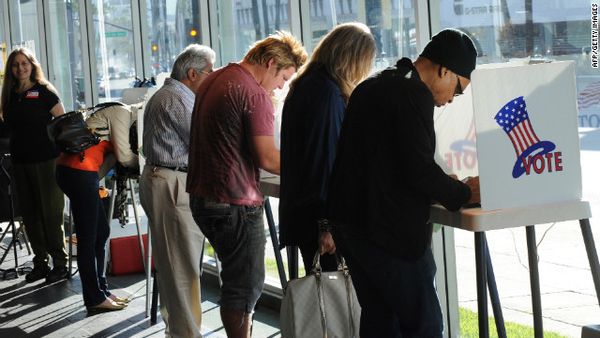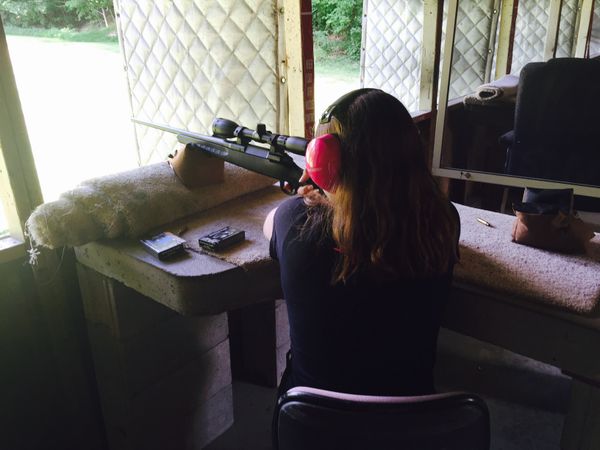Getting young adults to care about politics has become a huge industry. While young adults have always struggled to establish themselves in our political system, some donors spent as much as $86 million trying to get our uniquely apathetic generation involved in the political process in 2016 alone. The results of the 2016 election proved that young people still weren't ready to step into the political realm, something that many activists felt campus based strategies would finally achieve. The boom in college enrollment in the latter half of the 20th century seemed poised to solve the age old riddle; How do we get more young people truly engaged in politics? On paper, college campuses presented fertile soil for meaningful political movements. Large amounts of people of the same age group who seemingly couldn't wait to make their mark on the world.. But the expirement has failed. While the increase in college enrollment may have spurred investment into outreach for student votes, the art of actually getting students to the polls remains unmastered. According to exit polls cited in The Economist, only one quarter of all millennials even bothered to participate in the 2010 midterms (one of the most consequential midterm elections in recent history). But the depressingly low turnout is just a symptom of a much larger issue. The problem may not revovle around outreach or strategy at all. Perhaps our generation just needs to grow up (literally).
The In's and Out's
Political scientists like Quentin Kidd will tell you that people vote when they have something at stake. Typically, people feel compelled to pick one candidate over the other out of a sense of duty for their community. But how do young people perceive their place in communities? Most research would suggest that young people take a few years after college before settling down. That settling down period down period is when most Americans replace a sense of alienation and frustration with a sense of obligation. According to electionproject.org, voting rates for 30-44 year old's is about 20% higher than rates of 18-29 year old's. And it's not hard to understand why young people may struggle with feeling a sense of duty to get out and vote. I mean, if you're a resident at a four- year college why should your vote get to effect an area that you know almost nothing about? And then there's the old social expectation that being young is a time to worry about yourself and your own advancement, not the needs of others.
So what happens? Since young people don't feel as motivated to vote their values are less likely to be represented in politics. Politicians respond to votes, not Facebook likes. When millennials look at politics they'll see a system that was crafted by and for older folks because it was. This leads to a widespread sense of apathy and frustration with the system itself. Activists trying to encourage their peers to vote won't appear as advocates, they'll appear as salesman for a corrupt, vote- fueled oligarchy. Millennials, out of our own vices, aren't just not voting, we're rejecting the system as a whole. The young people who stay at home while their peers hit the streets aren't doing so because they don't care. These alienated young people simply don't believe that politics is a legitimate way to solve problems. The gut- wrenching irony is that if all of these people voted and organized millennials would be the largest and most powerful voting bloc in the history of the United States.
To put it simply, we have to stop pretending that we are victims of a system that forces us to be on-lookers to our own futures. There is nothing stopping young people from taking over politics besides young people themselves. Our self- defeating perception of Washington is the only thing holding us back from the society we so desperately want for ourselves and future generations. Truth be told, our country is on a horrifying course at this time. Most of what millennials genuinely aspire our country to be will be little more then memories of a time when it seemed possible unless drastic change occurs nationwide. And I'm not talking about changing our institutions. It will have to be social change. People like Donald Trump win when people don't feel a sense of responsibility to choose sound government for themselves and their neighbors. That is wrong. No matter what our excuse may be we all, as citizens of the United States, share a common responsibility. So how can organizations show young people that getting involved is important? The lock is still without a key. But as our own potential grows so will the efforts of organizations to tap into it. The answer to the youth vote riddle may lie just around the corner.





















